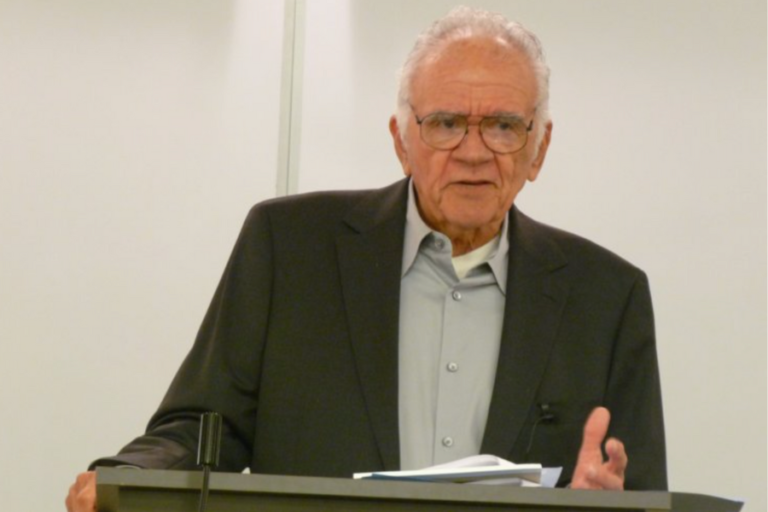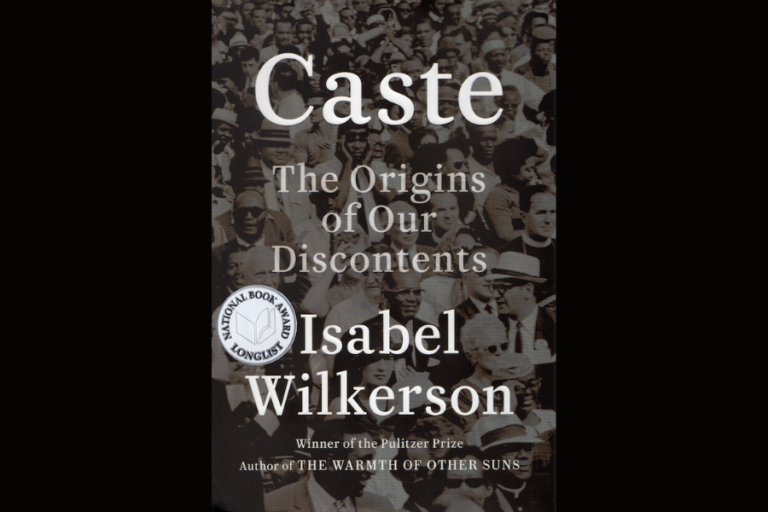Fred Cohen, School of Criminal Justice Founder, Professor Emeritus, and Attorney passed away March 30, 2022, at his home in Tucson, Arizona, just a day short of his 89th birthday.Anyone working in the field of criminal justice should be at least passingly familiar with Professor Cohen’s name and his lasting impact on the field. Professor Cohen was instrumental in helping plan the country’s first Ph.D. program in criminal justice, as well as the core curriculum of SUNY's University at Albany School of Criminal Justice, which started in 1968.Over the years, Professor Cohen became known for his ability to bridge the gap between legal doctrine and the behavioral sciences in keeping with his … [Read more...] about The Passing of Fred Cohen: School of Criminal Justice Founder
The Genetic Factor: Understanding No Remorse
The headline was stark: “Black Twitter Reacts: Derek Chauvin, Sentenced to 22.5 Years in Prison, Offers No Remorse to George Floyd’s Family” (Clark, 2021). Prompting the very important question: How do we understand no remorse in the wake of national outrage or tragedy—particularly from a criminal justice context?On November 15, 2021, in his closing prosecutorial arguments, Thomas Binger, Kenosha Wisconsin’s Assistant District Attorney, referred to Kyle Rittenhouse as showing “no remorse” for what he had done (CNN), suggesting that if Mr. Rittenhouse was able to feel remorseful, he would have behaved differently and not killed or wounded those he did. What Is Remorse? The word … [Read more...] about The Genetic Factor: Understanding No Remorse
Contextualizing Criminal Justice in America by Understanding America’s Caste System: A Book Review
America’s criminal justice system has been criticized for many things, among them its apparent racial bias. Minority individuals, particularly African Americans, have been incarcerated disproportionately to their percentage in the general population. Race sensitivity training in correctional settings has become more common, and in the umbrella of the Black Lives Matter movement, racism has once again become a topic of public interest, moreso in light of Robin DiAngelo’s popular book White Fragility (DiAngelo, 2018), in which she discusses why it is so difficult for white people to talk about racism; a social structure that emerges “when a racial group’s collective prejudice is backed by the … [Read more...] about Contextualizing Criminal Justice in America by Understanding America’s Caste System: A Book Review
The Implications of Neuroscience for the future of Criminal Justice and Prison Reform
In a Sept/Oct Newsletter contribution, I suggested that our brains’ reflexive amygdala-powered fear/anger responses to the prevailing views of criminals explained the persistence of America’s increasingly punitive “tough-on-crime” policies. Even with declining national crime rates in the U.S., offenders continue to face legal and social barriers to community reintegration, despite the fact that they had “done the time,” and America grapples with an enduring sociopolitical resistance to proposed criminal justice and prison reform interpreted to reflect a “soft on crime” attitude. In this article, I continue to examine the implications of neuroscience and brain functioning in influencing … [Read more...] about The Implications of Neuroscience for the future of Criminal Justice and Prison Reform
Keeping Us Out of Trouble: Trust, Mistrust, and Our Brain’s Resistance to Criminal Justice Reform
Criminal Justice Reform & The Man in Black It was on July, 1972 that musician Johnny Cash (“the ‘Man in Black”), having already performed at a number of prisons in Texas and elsewhere, appeared in front of a Senate subcommittee on prison reform, and lobbied for criminal justice reform in America; an advocate position he maintained during most of his 30-year performance career. Since Mr. Cash’s 1972 appearance, America evolved into a “tough on crime” society, incarcerating more individuals than any other developed country in the world—currently approximating over 2.3 million individuals,with another estimated 6 million individuals on legal supervision—and remaining the only developed … [Read more...] about Keeping Us Out of Trouble: Trust, Mistrust, and Our Brain’s Resistance to Criminal Justice Reform






